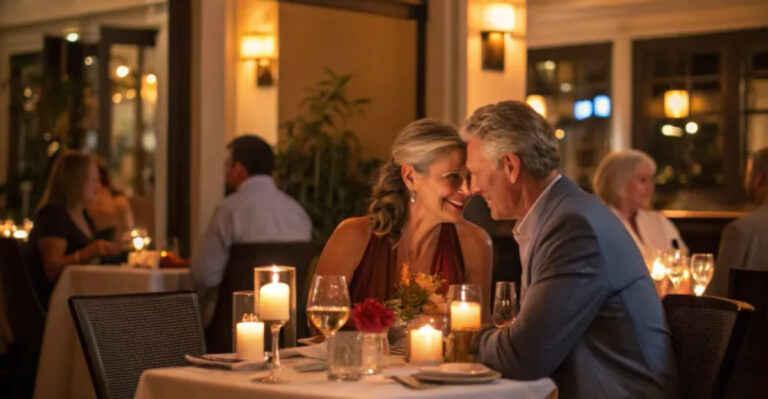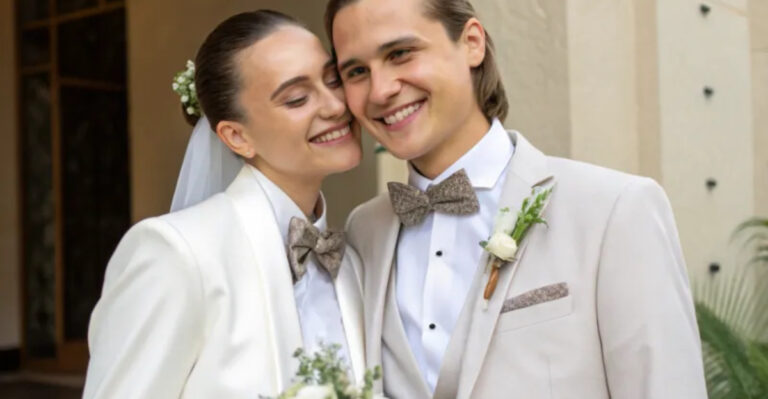19 Reasons Marriage Habits Are Straying from Traditional Patterns, According to Experts
The version of marriage our grandparents swore by? It’s… kind of in the rearview mirror. More couples are questioning the old “forever and always” script and customizing a relationship that actually fits their lives, values, and emotional needs.
And it’s not because people don’t value commitment—it’s because they’re finally allowed to define it for themselves. Here are 19 expert-backed reasons modern marriage habits are shifting hard—and what that says about love in this wildly complex era.
1. Because Marriage Is No Longer a Financial Necessity

Let’s be real—marriage used to be about survival, especially for women. My grandma literally married to have a roof over her head, not for butterflies. Today, women have degrees, careers, and the ability to pay their own rent (and maybe even someone else’s).
Being in a relationship isn’t about security anymore. People are choosing partners for connection, not for financial rescue. There’s a huge difference between settling out of necessity and saying yes because you genuinely want to share life with someone.
This shift means people can actually ask, “Does marriage make my life better?” instead of “How else will I get by?” Love, not logistics, is in the driver’s seat. Marriage isn’t a must-do for survival—now, it’s a want-to for joy and partnership. Financial independence has made it possible for people to prioritize what truly matters for their happiness and growth.
2. Because Gender Roles Are Being Flipped, Scrapped, and Rewritten

Remember when ‘real men’ did yard work and ‘good wives’ handled dishes? Those days are fading fast. Now, couples are tossing out the script and writing their own rules at home. Some dads are the kings of playdates, and plenty of women are CEOs.
It’s not about who ‘should’ do what—it’s about what works. I’ve seen friends split chores by personal strengths, not gender. One couple I know? He loves baking, she fixes the sink, and nobody bats an eye.
This flexibility lets everyone show up as their authentic selves. Marriages feel more like partnerships, less like rigid contracts. It’s not about fitting an outdated mold; it’s about building a life where every member can shine, grow, and support each other without stereotypes dictating every move.
3. Because Therapy Isn’t Taboo Anymore—It’s a Tool

Let’s talk about how therapy went from ‘shh, don’t tell anyone’ to ‘Want to split a session?’ Growing up, nobody admitted their family went to counseling. Now, having a therapist is like having a favorite coffee shop: kind of essential.
Therapy is a game-changer for relationships. People want to break cycles, heal from old wounds, and build healthier love. I see it with my friends—they’re setting boundaries their parents never dreamed of.
No more suffering in silence or repeating patterns “because that’s just how it is.” Now, couples are equipped with communication tools and self-awareness. Therapy isn’t a sign of a broken marriage anymore. It’s the sign of a couple who’s invested in growing together, rather than pretending everything is perfect for the neighbors.
4. Because Divorce Doesn’t Equal Failure Anymore
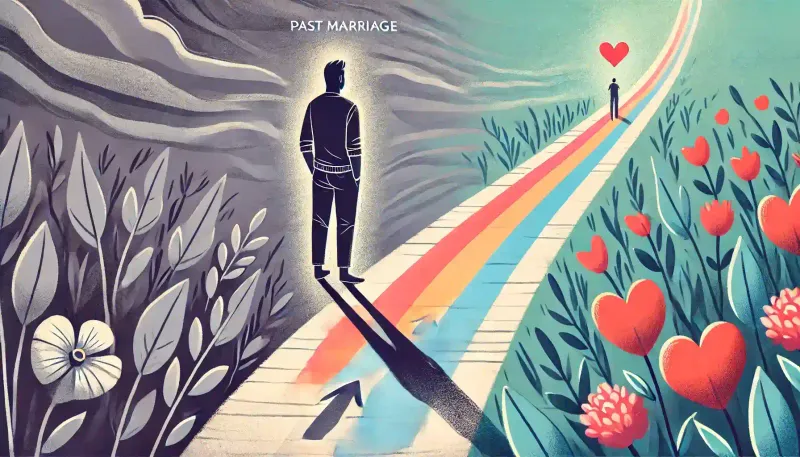
If you’d asked my mom’s generation, divorce was practically a scarlet letter. Now? It’s more like pressing reset. Leaving a marriage isn’t about shame—it’s about choosing happiness over chronic disappointment.
There’s a powerful shift happening. People see divorce as permission to start fresh, not proof that they’re broken. I’ve watched friends go through it and come out lighter, happier, more at peace.
This new lens is freeing. Instead of dragging dead weight, people can embrace real growth and possibility. No one’s whispering at the grocery store because you’re single again. In fact, there’s a sense of pride in refusing to settle or force something that isn’t working. Divorce is seen as a choice to live, not just survive.
5. Because People Are Waiting Longer to Marry
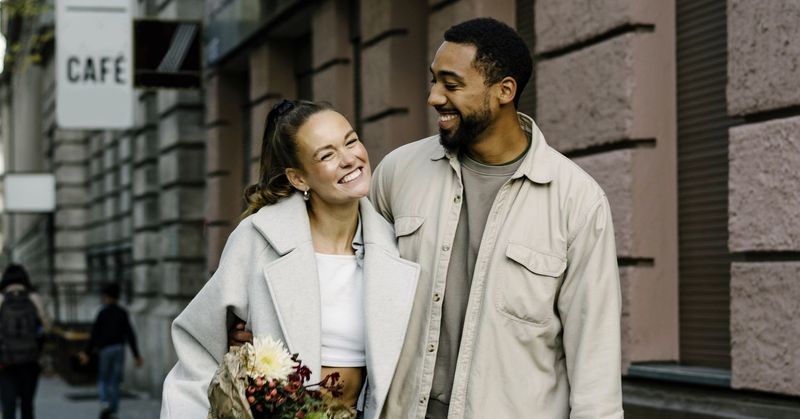
Once upon a time, you were basically an old maid by 25. Now? Most of my friends didn’t even think about getting engaged until their late 20s—or even their 30s. There’s less pressure to settle down fast.
People want to build careers, travel, and get to know themselves before committing. It’s about entering marriage as a whole person, not checking off a box before a certain age.
Waiting means more life experience, clearer intentions, and (hopefully) fewer regrets. When couples finally get married, it’s because they genuinely want to, not because everyone around them is doing it. The timeline is personal, not prescribed—and that makes the commitment even more meaningful.
6. Because Cohabitation Is Common—and Normal

Cohabitation used to be scandalous—now it’s almost expected. Living together before marriage is like a trial run with real stakes. You find out who leaves hair in the shower and who actually folds the towels.
It’s not just about testing compatibility. Sharing a space teaches you more about a person than any dating phase ever could. You grow together through the daily grind, not just romantic date nights.
My best friend swears her pre-marriage cohabitation saved her from a lifetime of mismatched habits. For many couples, it’s the ultimate reality check. The stigma’s gone and, honestly, it’s made relationships stronger for those who choose marriage after living together.
7. Because More Couples Are Choosing Not to Have Kids

Not everyone dreams of a minivan and a soccer schedule. Lately, more couples are deciding that parenthood isn’t a default—it’s a decision. And honestly? There’s zero shame in skipping diapers for happy hours or travel.
Some worry about overpopulation or climate change; others just love their freedom. My cousin and her partner are blissfully child-free, and their weekends are filled with brunches and spontaneous road trips.
Society’s stopped side-eyeing people for not having kids. Instead, there’s recognition that fulfillment can come from partnership, adventure, or building a killer career. The nursery isn’t what makes a family anymore. Love is the center, not a crib.
8. Because Polyamory and Non-Monogamy Are on the Table

Raise your hand if you grew up thinking ‘forever’ meant just two people. These days, open relationships and polyamory are getting real airtime. Some couples are redefining loyalty, not as exclusivity, but as radical honesty and consent.
It’s not about cheating—it’s about conversations and setting boundaries that actually work for everyone involved. I know couples who swear by the trust and communication they’ve built exploring these models.
Of course, it’s not for everyone (and definitely not a fix for struggling marriages). But the option exists without the automatic judgment that once came with it. For some, love means more freedom, less secrecy, and a wider definition of what togetherness can look like.
9. Because Emotional Intimacy Is Prioritized Over Appearances
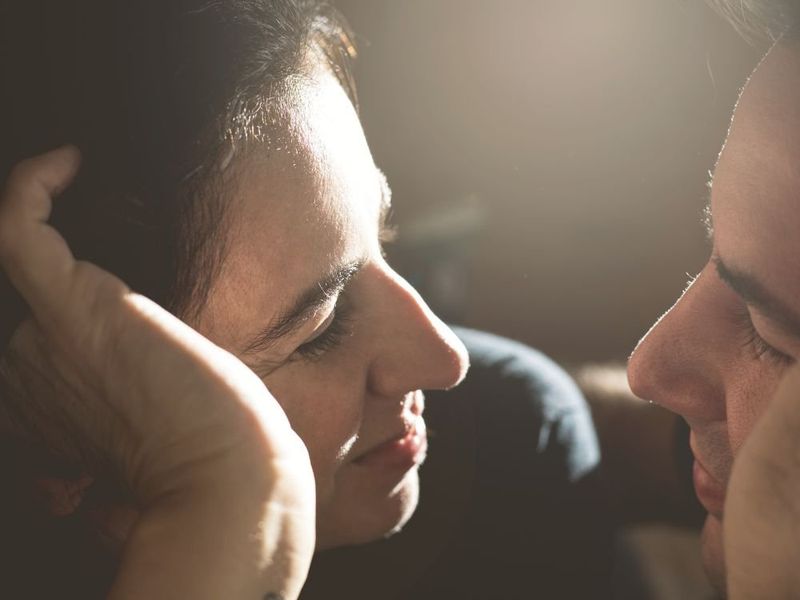
Forget keeping up appearances—today’s couples crave real connection, not just a shiny highlight reel. Social media makes it easy to fake happy, but behind closed doors, what matters is emotional safety and vulnerability.
I’ve seen friends trade in picture-perfect posts for ugly-cry conversations and late-night honesty. They want a partner who gets their weird, not just their good side.
Marriages are shifting toward authenticity and trust. Couples value feeling seen and understood above putting on a show. It’s a deeper kind of intimacy—messy, raw, and way more satisfying than the old ‘smile for the camera’ routine. Looks fade, but emotional bonds last.
10. Because There’s Less Shame Around Not Getting Married at All

Raise your glass to singlehood—it’s not a failure, it’s a lifestyle. More people are choosing not to marry, and not because they can’t find someone. It’s about wanting freedom, adventure, or just a different kind of fulfillment.
There’s no more whispering about ‘old maids’ or pitying glances at single folks. One of my closest friends has built a gorgeous life on her terms, and marriage never once made her bucket list.
The world is waking up to the idea that happiness doesn’t require a ring or a joint tax return. It’s not about proving anything—just living your best life. Single is not a status to fix; it’s a valid, vibrant choice.
11. Because Digital Life Changed How We Meet, Date, and Love

Remember when meeting someone meant locking eyes across a crowded room? Now, matches are made through swipes and perfectly curated profiles. Dating apps, video calls, and endless texting have completely reimagined how we connect.
Long-distance is less of a deal-breaker—thanks to tech, love can travel across time zones. I’ve seen couples bond over memes and late-night FaceTimes before ever meeting in person.
Digital life isn’t all roses, but it’s forced relationships to grow new roots. Communication has changed, and so have expectations. Love letters might be out, but emojis and GIFs are in. Technology reshapes every step of modern love, from first hello to forever.
12. Because Women No Longer Tolerate Unequal Emotional Labor
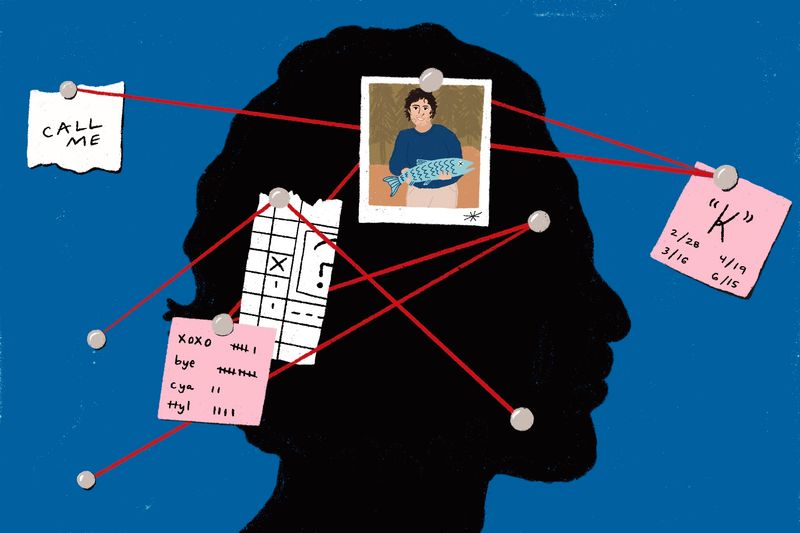
Gone are the days when women were supposed to keep everyone fed, happy, and organized—while nobody noticed. Today’s marriages come with a new expectation: shared emotional labor. Women are done doing all the invisible work.
I’ve watched friends lay down boundaries and ask for real partnership, not just help. There’s no room for resentment when both people show up emotionally and practically.
This shift isn’t just about chores; it’s about respect, balance, and feeling valued. Modern couples know that a happy home is built on teamwork, not silent suffering. Emotional equality is now a given, not a bonus.
13. Because Culture Is More Individualized Than Ever

Cookie-cutter marriages are out; custom blueprints are in. Today’s couples come from everywhere—different backgrounds, beliefs, and dreams. That means they build relationships that reflect who they actually are, not just what’s expected.
One friend’s wedding was a mashup of three traditions, and their home is full of stories from both sides. There’s no need to fit into one mold.
Modern love allows for personal touch and creativity. Culture isn’t something to hide or minimize; it’s something to celebrate. Marriages look different from household to household, and that’s half the beauty of it.
14. Because People Are Learning That Passion Alone Isn’t Enough

Chemistry might spark a romance, but it doesn’t pay the bills or solve arguments. People are waking up to the idea that passion is just one piece of the puzzle. Thriving relationships need skills—like conflict resolution and compromise—more than just fireworks.
I’ve seen couples who were obsessed with each other drift apart because they never learned to talk through issues. Marriage is about the slow burn, not just the initial flame.
It’s become normal to seek tools, not just butterflies. Real love means choosing each other daily, even when things get complicated. Fireworks are fun, but foundation is everything.
15. Because Financial Autonomy Is More Important Than Ever

Money used to be a ‘what’s mine is yours’ situation, but now? Couples are getting real about finances from the start. Some keep separate accounts, others sign prenups, and everyone wants transparency.
This isn’t about planning for the worst—it’s about protecting both people’s independence and dreams. I know couples who swear by their monthly budget meetings, and it’s strengthened their trust.
Financial autonomy means nobody feels trapped or powerless. It’s about building a future together that respects personal goals, too. Honest money talk is the new romance language, and it’s making marriages stronger by starting them on equal footing.
16. Because Marriage Isn’t the Finish Line—It’s a Starting Point
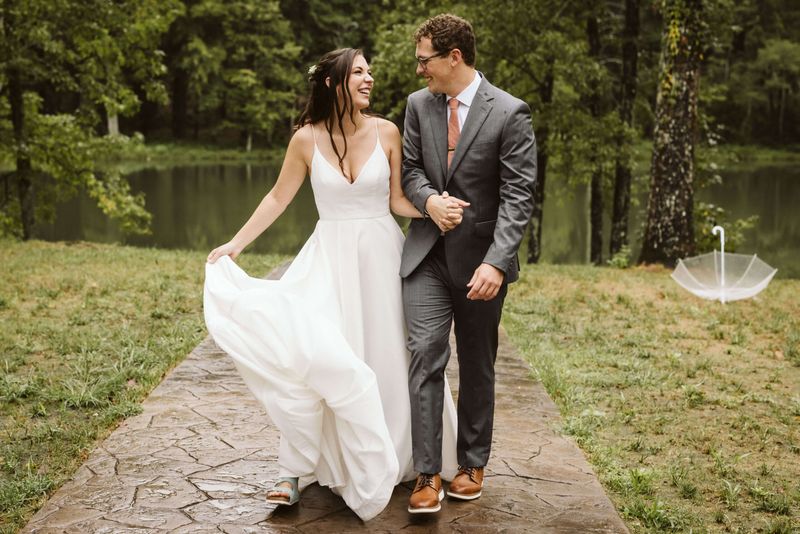
Gone are the days when marriage was the grand finale. Now, it’s more like the opening credits. Couples don’t see the wedding as ‘mission accomplished’—it’s just the beginning of building something real together.
I watched my sister pour more energy into her marriage than her ceremony. The real work happens after the honeymoon phase, in the ordinary days of partnership.
It’s not about crossing a finish line—it’s about walking side by side, figuring out life as it comes. The adventure isn’t the wedding; it’s everything after. That shift makes marriage feel alive, possible, and full of potential.
17. Because Gender Identities Are More Fluidly Understood
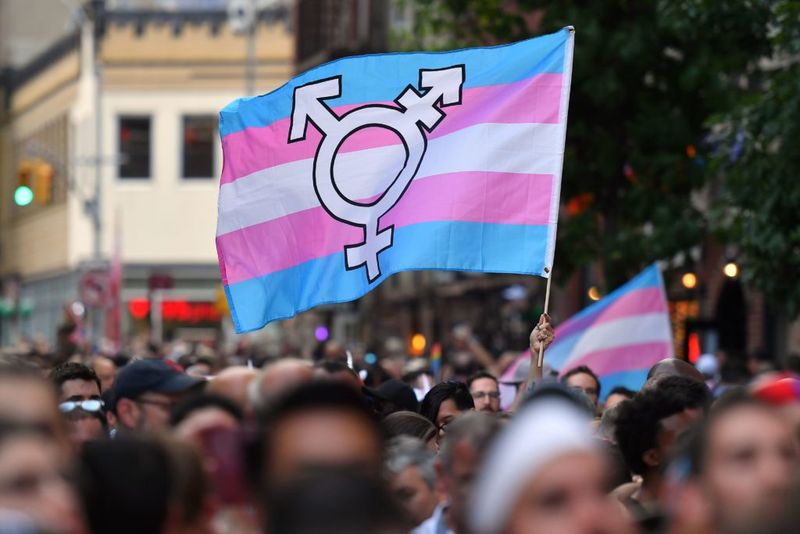
Traditional marriage assumed everyone was straight and fit a certain box. Now, we know love doesn’t work like that. The world’s finally recognizing that gender exists on a spectrum, not a checklist.
I see more friends—gay, bi, trans, and nonbinary—finding love in ways that make sense for them. Marriage isn’t just for one kind of couple anymore.
This visibility means everyone can seek partnership that reflects who they are. Weddings look different, families are formed in new ways, and every version gets to be celebrated. It’s not about conforming; it’s about expressing what’s true. Love is love, and that’s all that matters.
18. Because We’re Actively Unlearning Generational Relationship Trauma
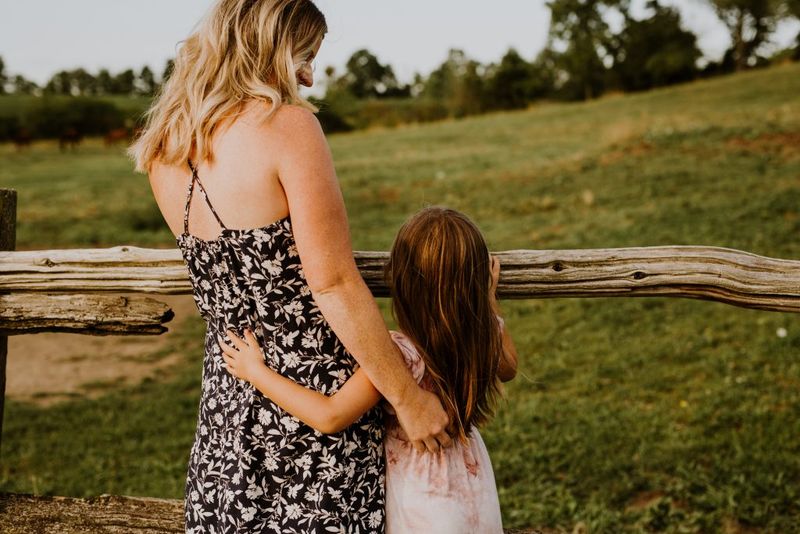
Let’s be honest: a lot of us grew up watching marriages that were more obligation than joy. Generational trauma is real, and it sticks. The good news? Modern couples are determined to break the cycle.
Therapy, support groups, and honest talks are the new normal. People want to heal—not just ‘make it work’ at any cost. I’ve spent time working through my own stuff, and it’s hard, but freeing.
Choosing love means choosing to do better. By confronting the past, we get to build relationships that feel safe and nurturing. Healing is the new tradition, and it’s reshaping what marriage can look like for future generations.
19. Because Love Looks Different—But Feels More Real Than Ever
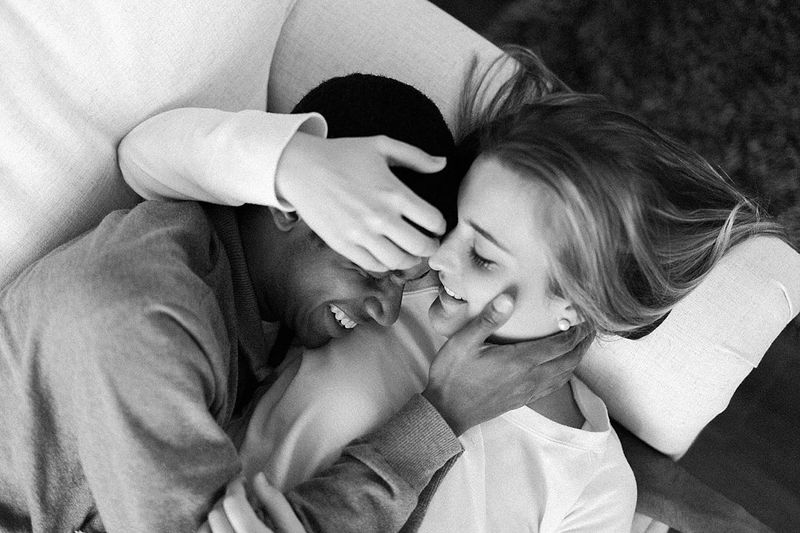
From the outside, modern marriages might look less polished—no more forced smiles or matching outfits for the family portrait. But inside? There’s a rawness, a closeness, a choice to be real rather than perfect.
I love seeing couples who are goofy, honest, and totally themselves together. The love isn’t staged for anyone else’s approval—it’s lived in, messy, and deeply honest.
This is what makes today’s marriages special: not how they look, but how they feel. People are choosing depth over display, and it’s changing everything. Genuine connection is the new gold standard, and it’s more satisfying than any fairy tale ever was.






